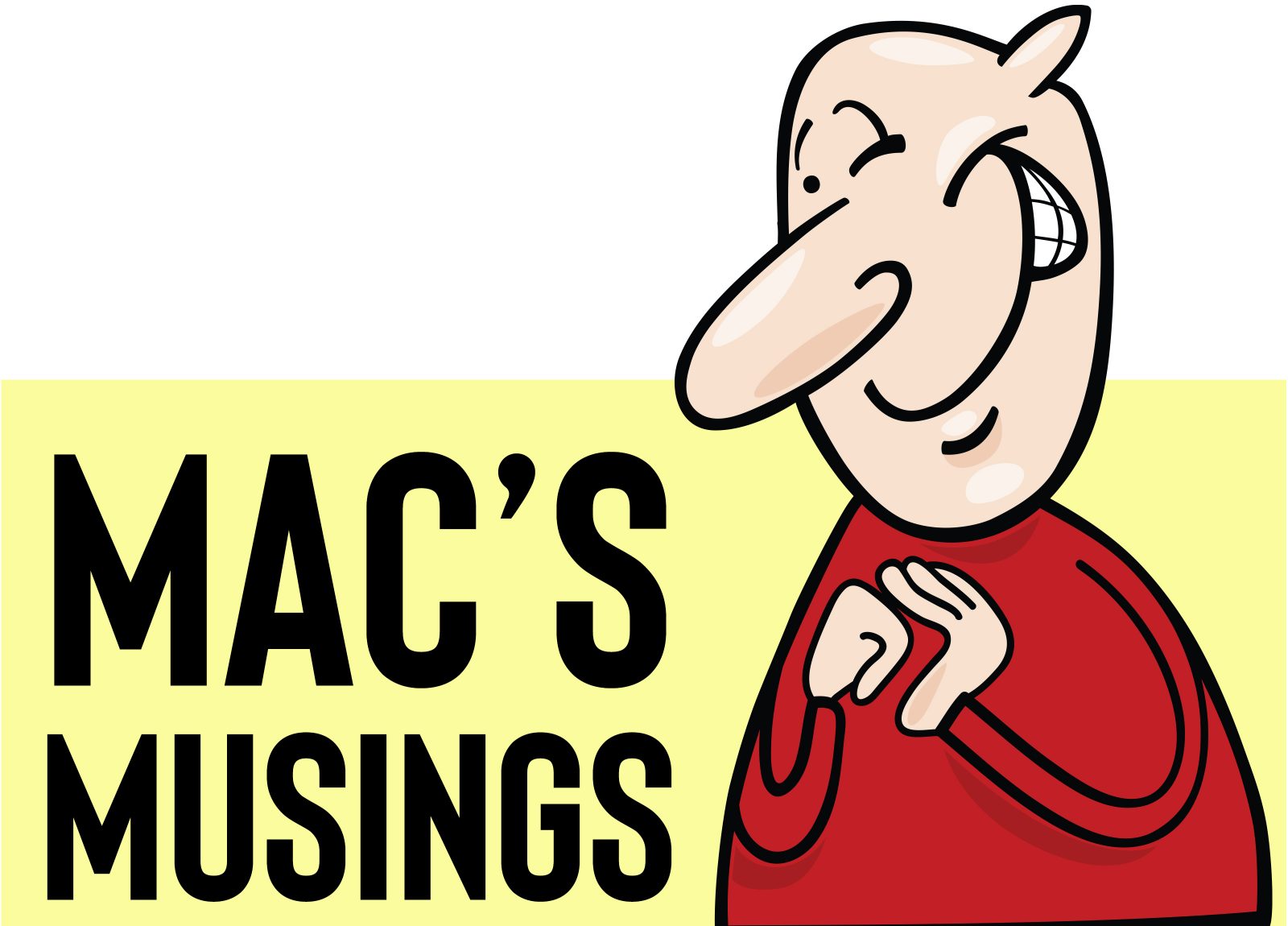By all accounts, there were two Bobby Hulls. There was Bobby Hull the gregarious charming National Hockey League legend. And, there was the dark side of Bobby Hull, the alleged wife abuser and racist.
In the fall of 1988, I spent a delightful evening with Hull the charmer and his fourth wife, Deborah, at a restaurant in Norfolk, N. Y. Hull was gracious and a great story teller. He made you feel like he had known you all his life.
My wife and I were invited to join the Hulls and Bill McCrimmon, an old friend, and his wife at the restaurant. Hull and McCrimmon were business partners and had just opened an antique store in Cornwall in Time Square.
We followed the limo McCrimmon had rented for the evening across the border. At U.S. customs, the agent, upon realizing who was in the vehicle, poked his head through the open window, went back to the booth. Seconds later, four or five agents from inside poured out the door.
Each leaned through the rear window for a handshake and a chance to go home and tell their kids they met the great Bobby Hull!
The restaurant was packed with minor hockey players and parents who were in town for a big minor tournament. As our party waited to be ushered to a private room arranged in advance, somebody at one of the tables announced out loud, “My God, there’s Bobby Hull.” Seemed that every head in the restaurant turned.
Not long after, seated at our table, far from the noisy dining room, a waiter approached Hull with a piece of paper. A gentleman in the dining room wanted to know if Hull would give his grandson his autograph.
“Well, go get them,” said Hull with a loud laugh.
Seconds later the gent and his grandson were standing in front of hockey greatness.
“So, hear you’re a hockey player,” said Hull to the star-struck kid who mentioned to Hull that he had scored the winning goal in the championship game.
“Hey,” said Hull, “Why don’t you go get that stick and I’ll sign it.”
A few minutes later the little guy offered up his stick to the owner of one of the NHL’s most feared slapshots.
Hull studied the blade.
“Wow, a curved blade. If I had had one of these I might have made something of myself,” laughed Hull.
The waiter came back four or five times, each time somebody wanted an autograph. Each time Hull did so without hesitation. He was enjoying the attention.
As Hull was polishing off a bottle of J&B whisky, somebody from Cornwall reached out to him.
An uncle back in Cornwall was dying of cancer. He had just weeks to live. Would Hull be so kind as to write a few words on a piece of paper … and sign it.
Hull was staying overnight in Cornwall.
“What’s his address?” asked Hull.
“Bill, we’ll visit him tomorrow morning. But don’t tell him I’m coming. Let’s surprise him.”
Weeks later I was talking to McCrimmon and wondered if Hull ever paid the visit. I figured that after downing a quart of whiskey, he would be in no shape, or mood, in the morning for a good-will visit to a stranger.
I was wrong.
“Sure did,” said McCrimmon. “Spent about an hour with him.”
In the 1979-1980 season Bobby Hull Jr. was a third-line forward with the Royals which required the elder Hull to make a handful of appearances at the Ed Lumley Arena.
He didn’t like the way Doug Carpenter was handling his son and behind the closed coach’s office door made his feelings known in a profanity-laced spiel.
If he thought he could bully Carpenter, he was, as they say, barking up the wrong tree.
The junior Hull was a good, very coachable young man who got along with his team-mates. He didn’t play the “You-know-who-my-father-is” card.
The foxy Royals’ scout Gord Wood had signed Bobby Jr. and his brother, Blake, a junior B player at best, in hopes of getting a shot at the youngest Hull, Brett who lived with his mother in British Columbia.
It is said that the mother made the call: Brett was going to play university hockey, which he did. He went on to have an outstanding NHL career.
After the Royals won the Memorial Cup in Regina, Bobby Jr. emerged from the dressing room.
On one side stood his mother, and her husband. On the other side, was his father. Neither looking at each other. It was a tense situation.
Talk about being caught between the rock and a hard place.
Which one was he going to first?
Bobby Jr. walked over and gave his mother a huge hug.
The scowl on Bobby Sr.’s face said it all.
THIS MONTH 1962 – Cornwall General Hospital and Hotel Dieu Hospital reported fewer admissions during 1961. The Dieu’s 7,343 admissions were down by 140, while the General had 4,634 admissions, 300 fewer than the previous year. … Cornwall Collegiate Institute Board was told that by 1968 the city would need two more public high schools to take pressure off CCVS and SLHS. The board said one of the new schools should be built in the Riverdale area with the other east of St. Lawrence (now La Citadelle). … Vital statistics shows that 15% of Morrisburg’s population was over 65 years old. … James Bredin was named chair of the Cornwall Harbour Committee, set up as a stepping stone for a harbour commission. … In Cornwall Minor Hockey Assocation peewee play, Riddle Brothers edged Humpty Dumpty Chips 3-2 with Norm Levac, two, and Claude Lortie scoring. Ron Perkins had the Humpty goals. … In a bantam game, City Smoke Shop nipped Handy Andy 4-3 with Billy Snelgrove scoring two. Fred D’Alessio and Ron McAllister also scored. Reg Champagne, Brian Landry and Ron Thompson scored for Handy Andy. … Bob Grant scored the winning goal late in the third period to give Cornwall Royals a 5-4 win over Brockville Braves in a Cornwall Junior Hockey League game. Bob Kilger, two, Bernie Larue and Lawrence Lapierre also scored.
TRIVIA This Ottawa teenager wrote and sang a hit song about the girl next door.
TRIVIA ANSWER In 1969 Cornwall Royals trainer Ray Moquin became the first Cornwall and United Counties resident to undergo a kidney transplant. The procedure was performed at Kingston General Hospital.
QUOTED – “Stay away from negative people. They have a problem for every solution.” – Albert Einstein




